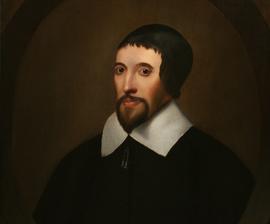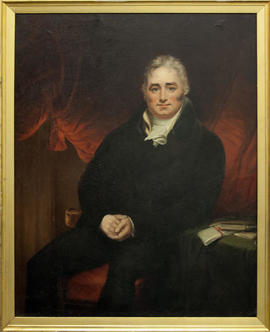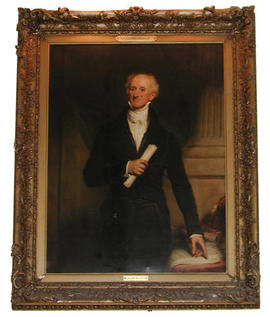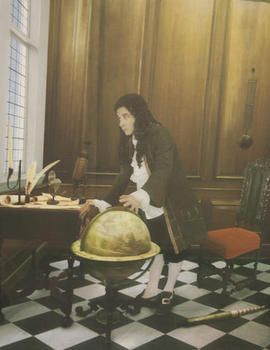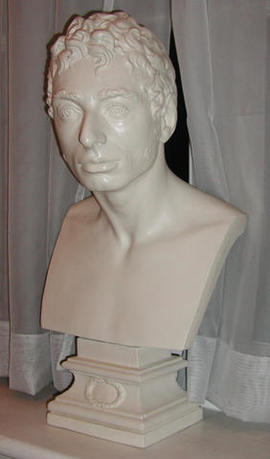BUSBY, RICHARD, second son of Richard Busby, Lutton, otherwise Sutton St. Nicholas, Lincs., and ---, sister of Henry Robinson, Westminster ; b. 22 Sep 1606 ; adm. ; KS (Capt.) ; elected to Christ Church, Oxford 1624, matr. 10 Feb 1625/6, Westminster Student to 1661, Tutor 1632-7 ; BA 1628 (incorp.Camb.1628) ; MA 1631 ; DD 1660 ; acted the part of Cratander in Cartwright’s Royal Slave before the King and Queen at Christ Church 30 Aug 1636, with great success ; ordained ; appointed Head Master of the School in the place of Lambert Osbaldeston (qv) in 1638/9, but not confirmed in that office until 23 Dec 1640 ; Prebendary of Wells and Rector of Cudworth, Somerset, 1 Jul 1639 ; ejected from his stall and rectory during the Commonwealth, but was allowed to retain his Studentship at Christ Church and his post at Westminster ; there is no evidence that he took either the Covenant or the Engagement, and of his loyalty both to Church and King there is no question ; Robert South (qv) relates that “the King was publicly prayed for in this school but an hour or two (at most) before his sacred head was struck off”, while John Owen, Dean of Christ Church, used often to say that “it would never be well with the nation till this School was suppressed” (Sermons preached upon several occasions by Robert South, 1865, i, 420-32) ; his chief trouble during the Commonwealth seems to have been with the Under Master, Edward Bagshaw (qv), who was eventually dismissed from the School by the Governors, May 1658 ; restored as Prebendary of Wells on the Restoration, also Canon Residentiary and Treasurer from 11 Aug 1660 ; Proctor in Convocation, Diocese of Bath and Wells ; Prebendary of Westminster from 5 Jul 1660, Treasurer 1660-72, Archdeacon from 1672 ; carried the ampulla at the Coronation of Charles II, 23 Apr 1661, and the orb and cross at the Coronation of James II, 23 Apr 1685 ; a great schoolmaster and a most successful teacher ; “the soil”, says Steele, “which he manured, always grew fertile” ; gained the respect and veneration of his pupils in spite of his excessive use of the birch ; his chair is preserved up School, and many of the books which he bequeathed to the School are still in the Busby Library, built by him at his own expense ; the Busby Trustees, thirteen in number and always OWW, still carry out the charitable trusts of his will for the benefit of the poorer clergy and others ; author, Graecae Grammaticae Rudimenta, 1663, and other books for the use of the School ; d. unm. 5 Apr 1695 ; buried in the Choir, Westminster Abbey, in front of the steps leading to the Sacrarium, under the black and white marble pavement of which he was the donor ; monument by Bird in Poet’s Corner. DNB ; see also G.F.Russell Barker, Memoir of Richard Busby, 1695.

